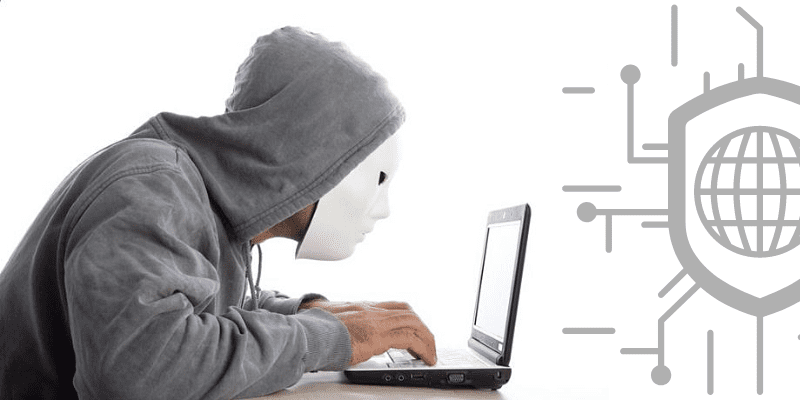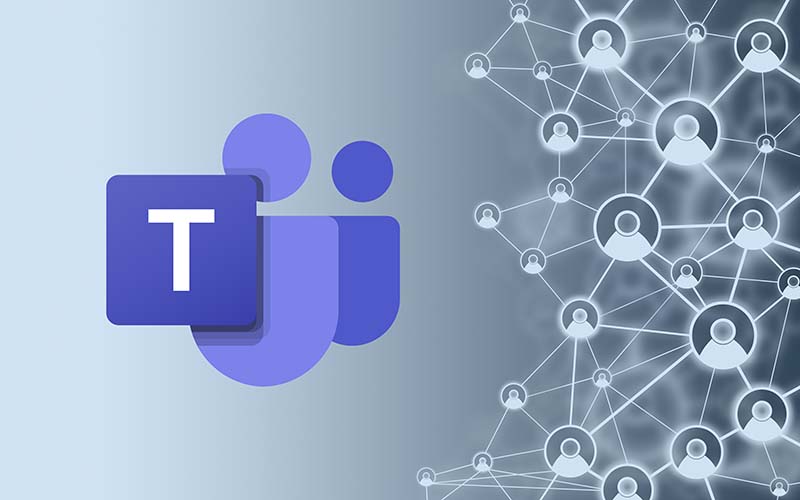Nigeria ranked as Africa’s second most cyber-secure country after Senegal
Nigeria has been ranked as the second most secure African country in Africa, behind Senegal. This was revealed in a report by India-based cybersecurity research firm, Indusface, as reported by TechCrunch. The West African country earned the spot after it successfully halted the Gamarue botnet- a very dangerous malware that had been a significant threat to corporate data and devices.
The cybersecurity rankings were determined using metrics like DDOS attacks, phishing and malware-hosting sites. Nigeria ranked second with an overall index of 74.69 out of 100. Senegal ranked as the continent’s most-secure country after amassing 78.09 points.
The research claims Nigeria has a low number of compromised systems per 100,000 internet users among other African nations evaluated. This yardstick acknowledges Nigeria’s successful advances to counter malware like the Gamarue botnet which primarily steals information, and performs other activities such as click fraud.
Honduras, South Korea, and Japan emerged as the top three cyber-secure nations, respectively, according to the report.

The Founder and President of Indusface, Venky Sundar, emphasized the need of addressing the security issues connected with remote work in the dynamic business environment. He provided individuals and organisations with six crucial pointers for boosting their cyber security in virtual office settings.
These include: determining which nations are least likely to be attacked by cybercriminals; comprehending data security laws like the GDPR; evaluating law enforcement resources; looking into government grants for cybersecurity; and analyzing cybersecurity knowledge among various age groups.
The investigation by the South San Francisco-based firm further discloses that 68% of high-growth global companies are capitalizing on hybrid work because of cost reduction, flexibility and recognition across the wider talent market. The adoption of these models by global companies is said to curb the lingering threats in preserving data privacy and network security outside the workspace.
Read More; Top cybersecurity predictions for African businesses in 2023, according…


